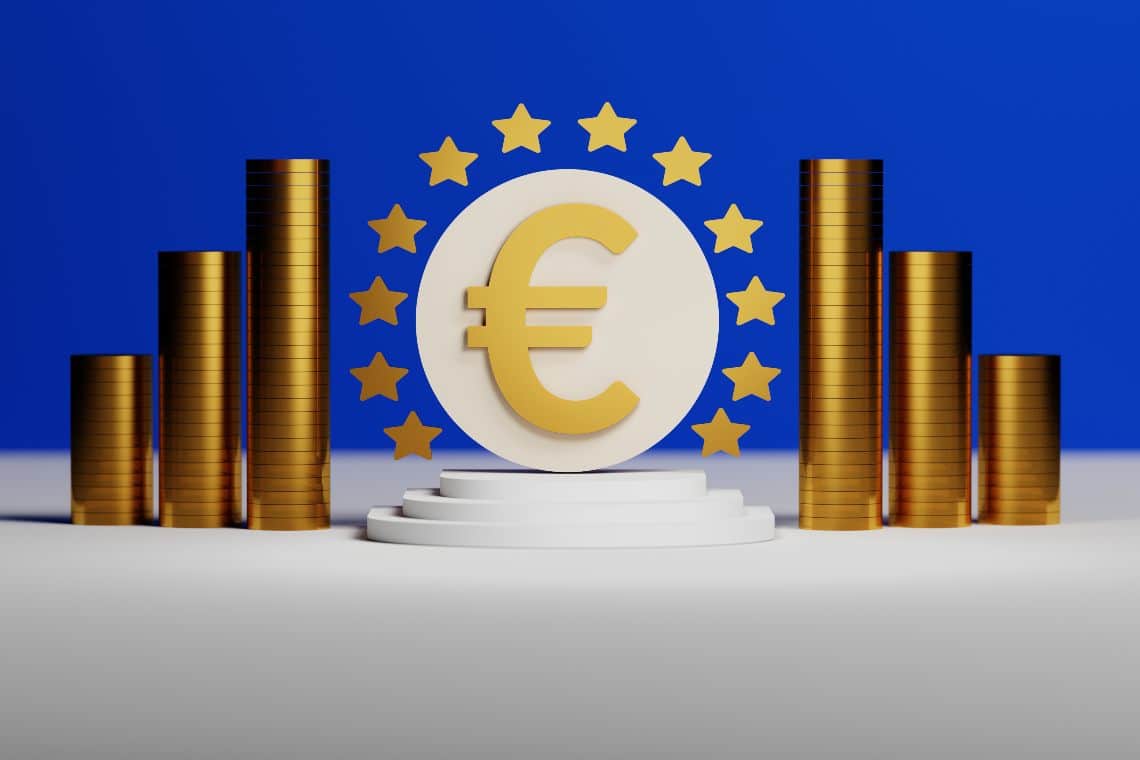The ECB has launched a formal public consultation on the digital euro.
According to the European Central Bank, the digital euro would be an electronic form of central bank money accessible to all citizens and businesses to carry out daily payments in a quick, easy and secure way.
A Eurosystem task force made up of experts from the ECB and 19 central banks has already identified possible scenarios that would require the digital euro to be issued, but the final decision on the issuance has not yet been taken.
However, as Governor Christine Lagarde said, Europeans are increasingly using digital payments, and the central bank’s task is to ensure that the euro is fit for this new digital age.
That is why she said:
“We should be prepared to issue a digital euro, should the need arise”.
Even the member of the ECB Executive Board and chairman of the Task Force, Fabio Panetta, said that technology and innovation are changing the way we live and that a digital euro would support Europe’s momentum towards innovation, strengthening the international role of the European currency.
For this reason, the ECB is investigating what the real needs of European citizens are in this regard, so much so that it has launched a public consultation on the subject and a technical experiment that will proceed in parallel.
The ECB’s questionnaire on the digital euro
The questionnaire is open to everyone, and it is quite complex and with many questions, some of them of a somewhat technical nature. It is evidently an attempt to acquire a lot of information from a well-informed public, to the extent that it is probably not very suitable for the average citizen.
In fact, it seems to be a questionnaire dedicated more to experts in the financial sector or organizations involved in representing citizens, rather than to citizens themselves.
On the other hand, the matter is actually much more complex than it might seem to a superficial analysis, so answers coming from people who are not sufficiently prepared might also run the risk of having a misleading effect.
In other words, the European Central Bank seems to be really serious about the digital euro, so much so that it gives the impression of wanting to approach the subject in a very structured, thoughtful and in-depth way.
In light of all this, it seems that the chances of seeing a fully digital version of the euro on the market in the coming months or years are increasing.




